By Meng Xiangjun, Chief Reporter of International News, China News Network
(ECNS) -- Recently, Xi Jinping, general secretary of the Communist Party of China (CPC) Central Committee and Chinese president, held talks with Miguel Diaz-Canel Bermudez, first secretary of the Central Committee of the Communist Party of Cuba (PCC) and Cuban president, at the Great Hall of the People in Beijing during his state visit to China.
To Brazilian scholar Marcus Vinicius De Freitas, a senior fellow at the Policy Center for the New South (Rabat, Morocco) and professor of International Relations at China Foreign Affairs University, Cuban President Diaz-Canel’s visit to China is of great significance to both countries.
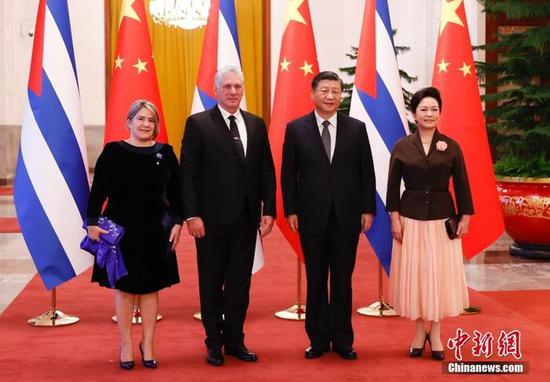
Firstly, Cuba faces significant economic challenges ahead and needs to find ways to grow, improve and reach new levels of welfare to improve living conditions, De Freitas said to China News Network. He believes that this country is seeking ways to build new relationships to mitigate its domestic challenges and find a new pathway of development and growth.
Also, De Freitas stressed that as an island with enormous tourism potential, Cuba has suffered the consequences of a six-decade-long embargo from the United States, which has kept the country from flourishing.
The greatest challenge that investments in the country face is the U.S. embargo on the island, which makes it difficult to travel to the island and difficulties doing banking transactions with financial companies that have business in the U.S., Freitas noted.
On the other hand, De Freitas pointed out that Cuba has excellent potential for growth in the region and can play an essential role, particularly considering the current leftist wave that has taken over the Latin American region.
In his view, Cuba could learn much about the transition represented by Chinese policies such as Reform and Opening-up and socialism with Chinese characteristics, in order to improve its current political and economic system.
If adopting the policies that China implemented such as market economics, to increase foreign direct investment and greater productivity, Cuba would undoubtedly be able to evolve more politically and economically, De Freitas said.
Also, he thinks that the country needs to have a clearer understanding of its political system's role in the region and the importance of achieving positive economic results to provide an alternative perspective on political and economic venues.
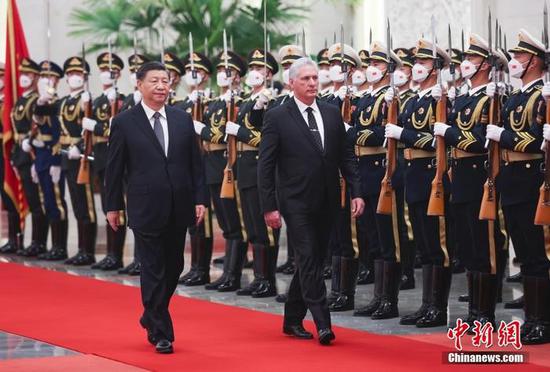
When asked how China and Latin American and Caribbean (LAC) countries could deepen their relations, De Freitas provided his insights.
He said that Latin America occupies a vast territory with fruitful, arable land, allowing the region to supply an abundance of agricultural and mineral goods that are second to none.
However, the region still faces a significant lack of infrastructure to move goods internally and internationally. That is why these countries see their Chinese relations as a crucial element for their greater development.
In De Freitas’s opinion, LAC countries have found in China a reliable partnership for growth and economic cooperation. He agreed that what LAC countries produce is not a threat to China’s production and there are synergies rather than competition, and that the partnership with China is quite welcome in the region. Synergies allow the region to grow like never before.
To sum up, De Freitas believes that the greatest lesson LAC countries should learn from China relates to its path to economic prosperity, technological advancement, educational investment, and disruptive achievements to secure a unique position on the global chessboard.

“China has proven that with proper planning and commitment to long-term results, one generation can entirely transform the destiny of a nation,” he said.








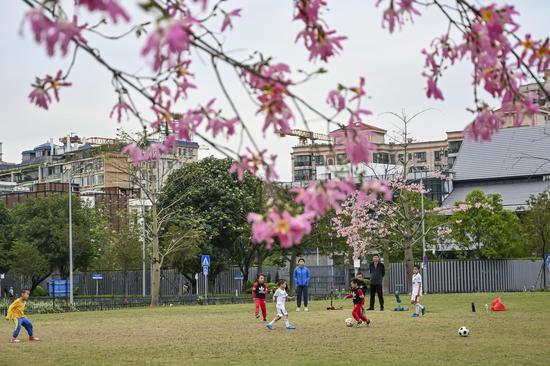
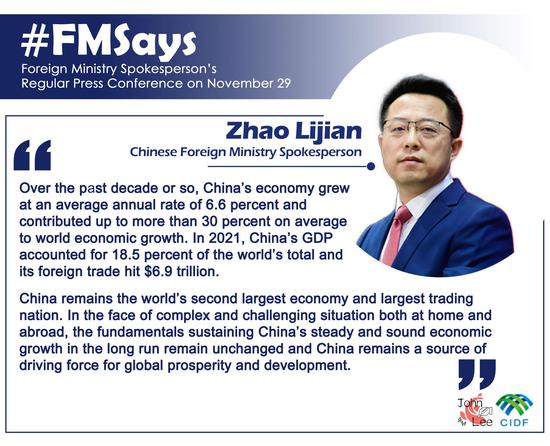
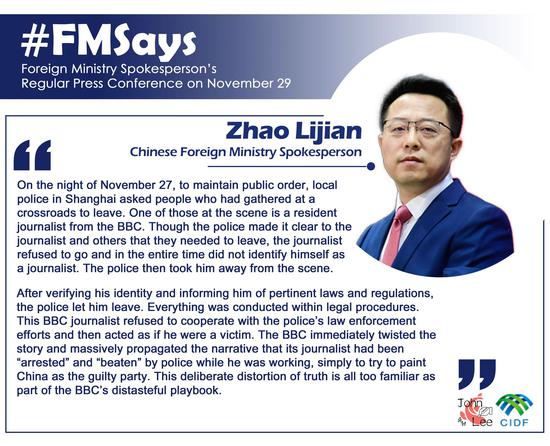
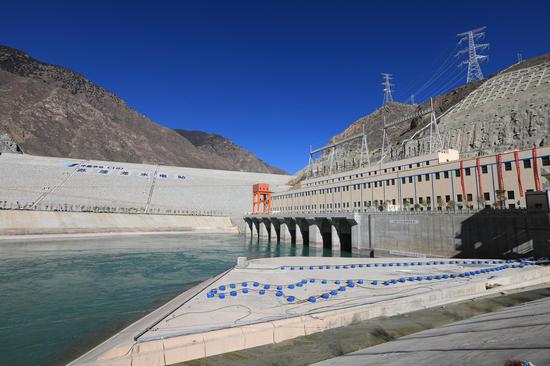


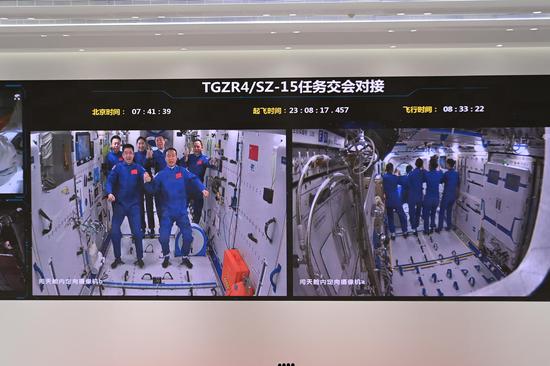
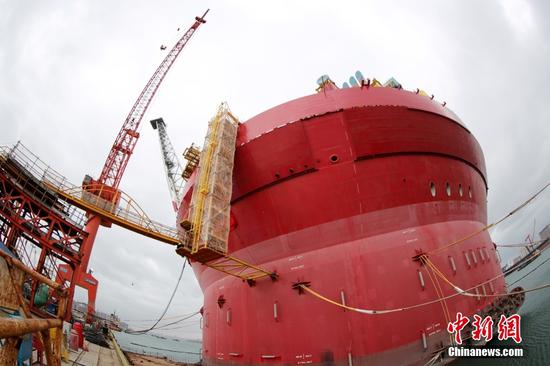
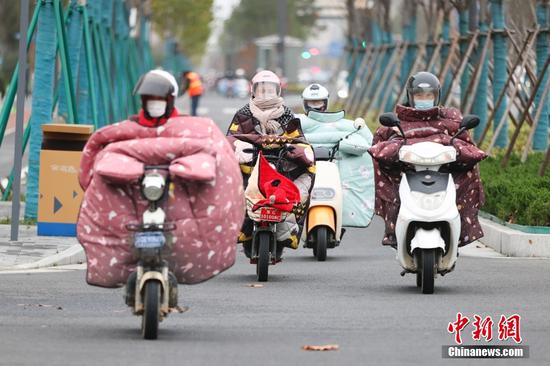






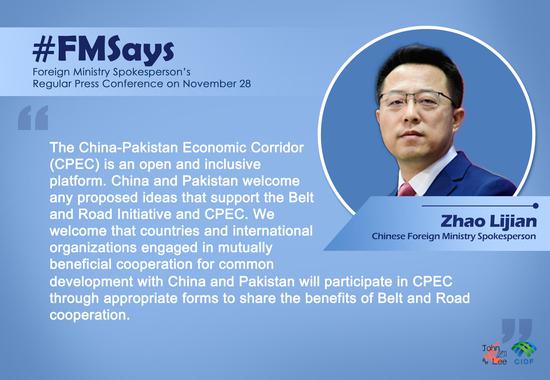
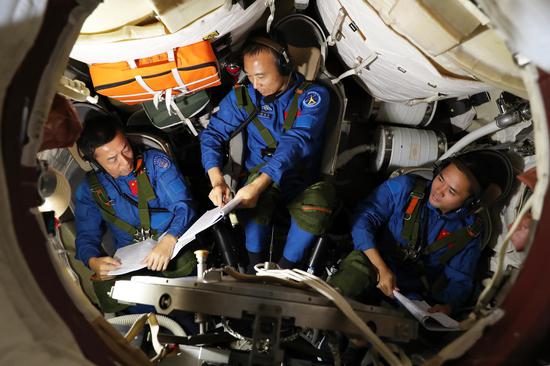
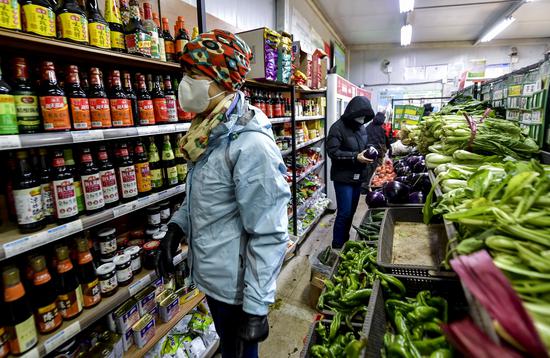

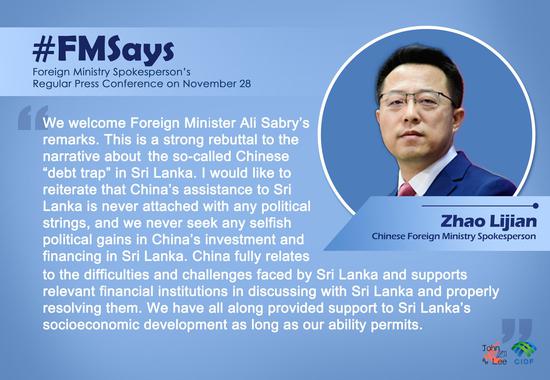
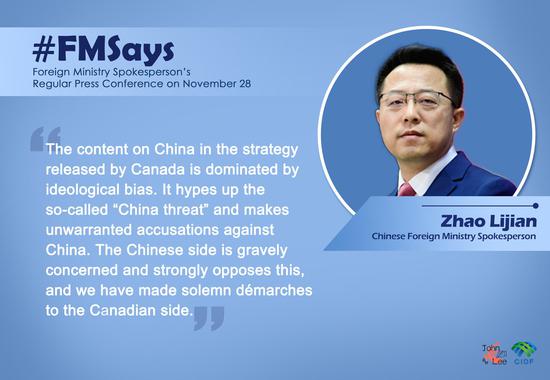
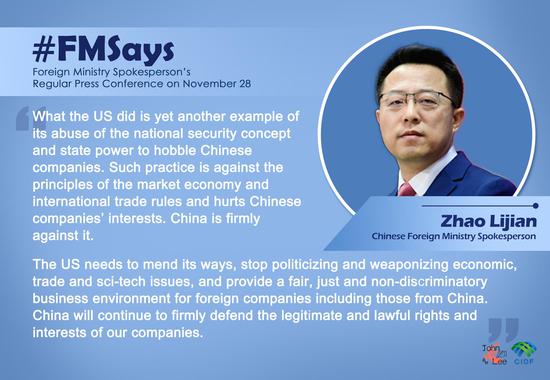
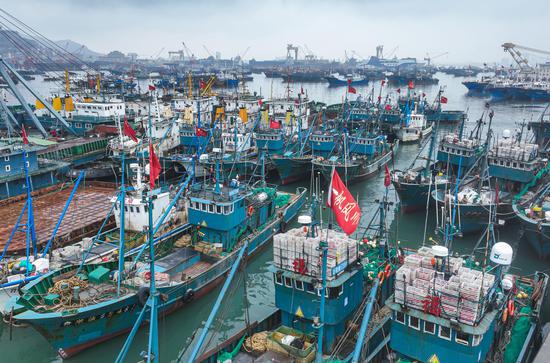
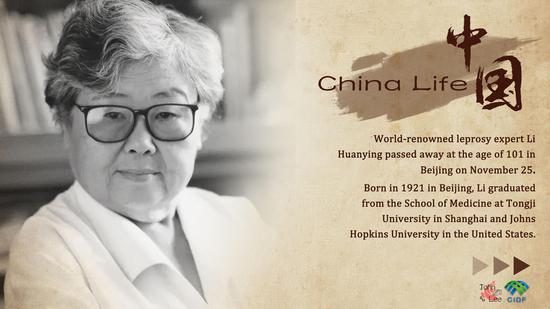
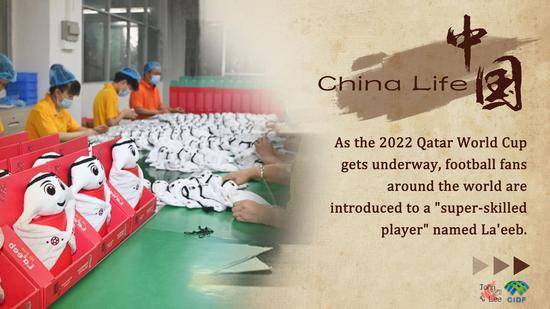



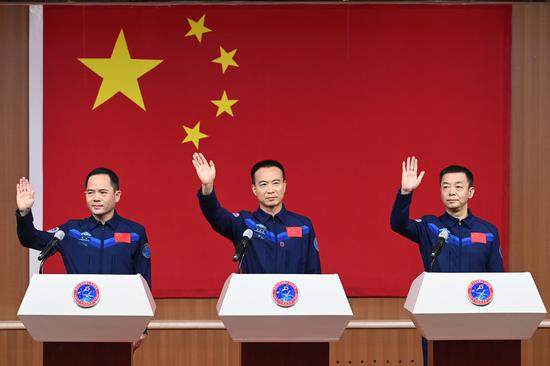
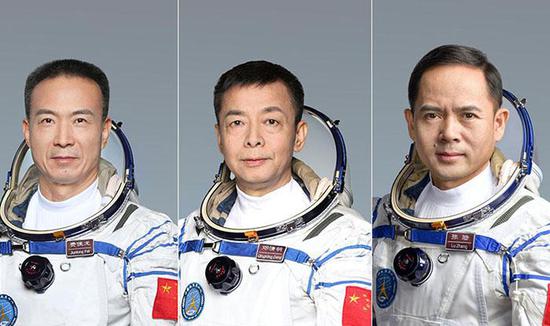
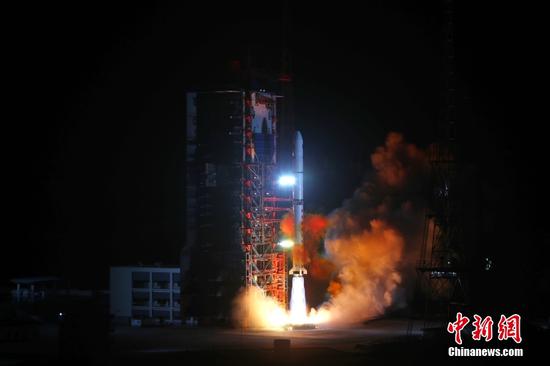
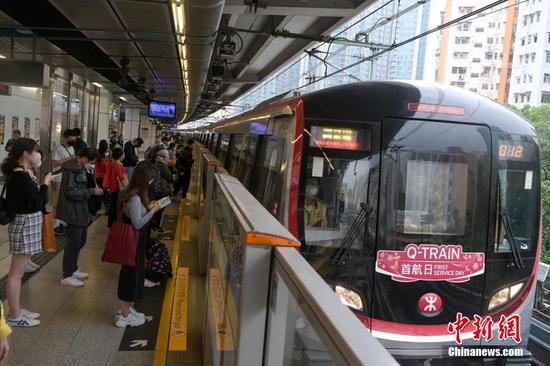
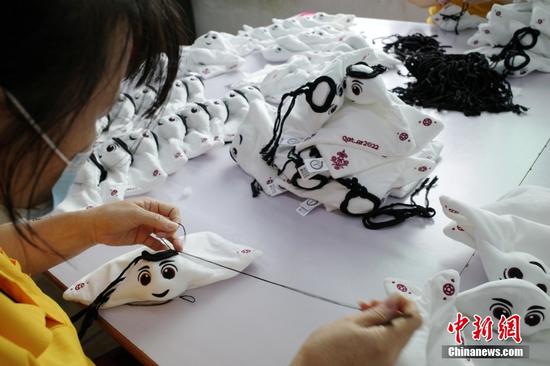
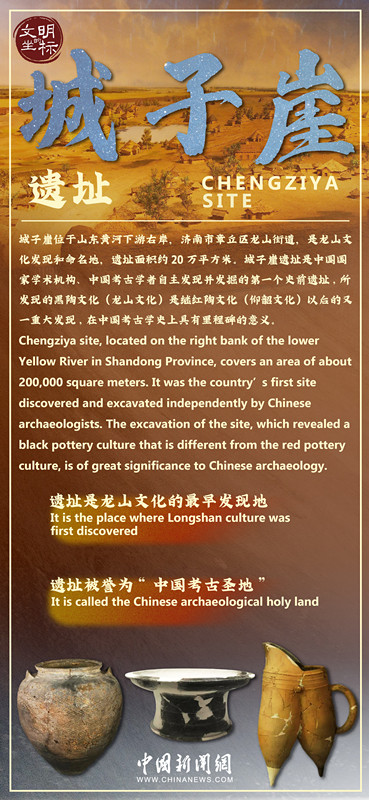
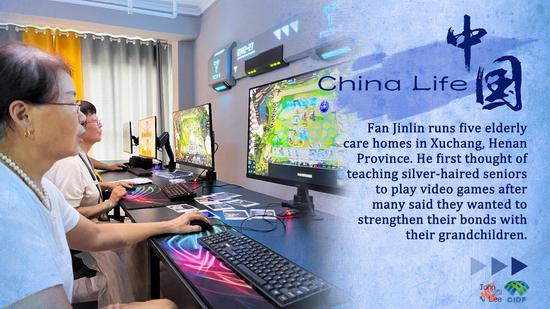
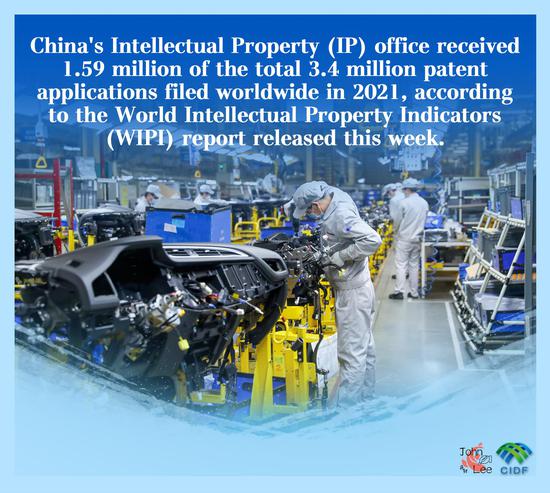
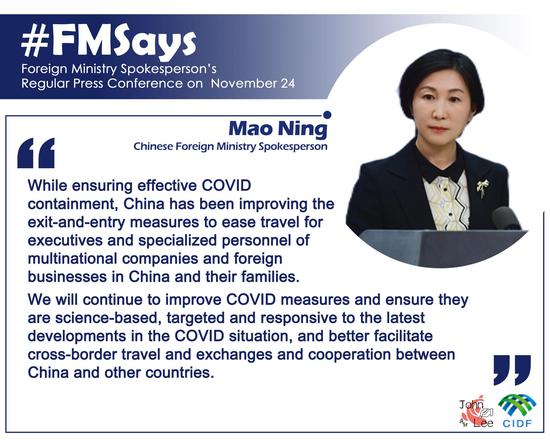





 京公网安备 11010202009201号
京公网安备 11010202009201号